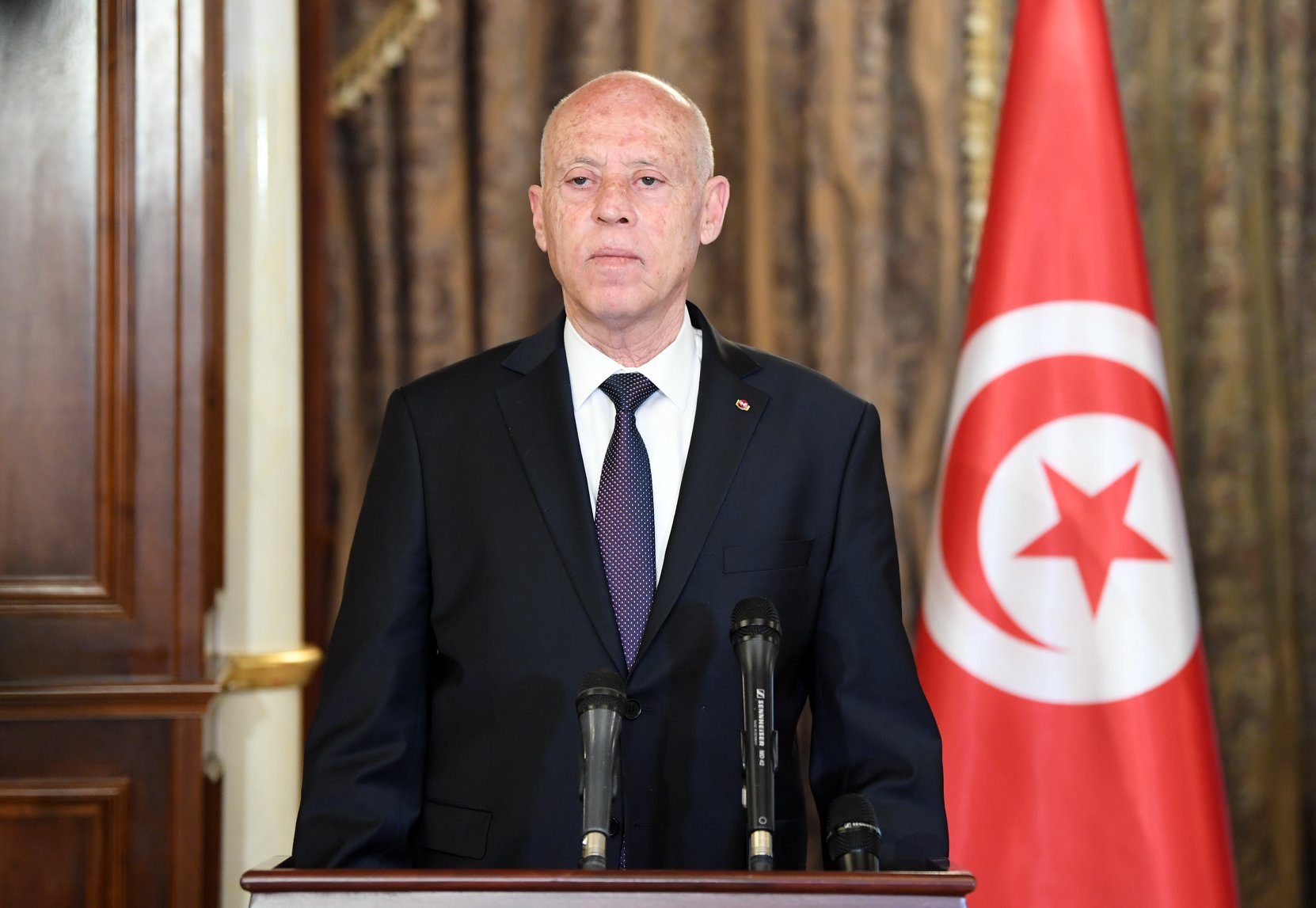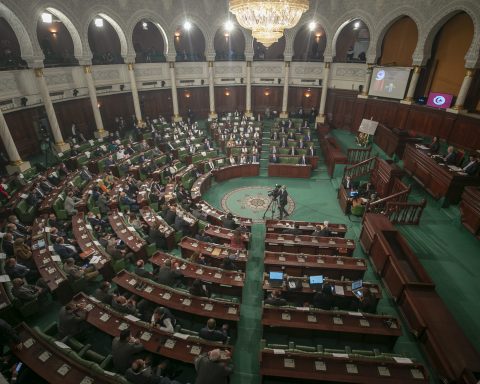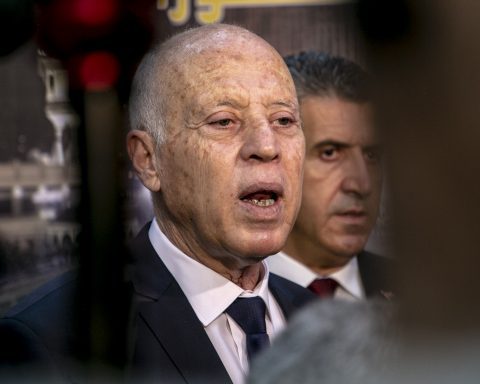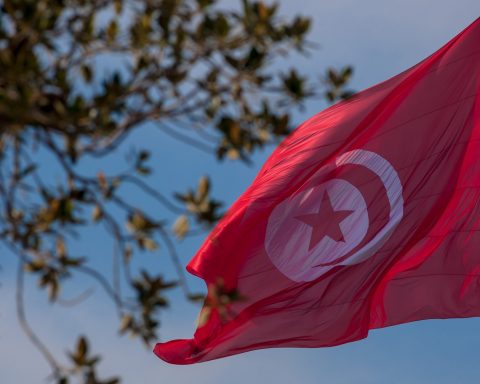The Tunisian Justice Ministry announced, on Thursday, the opening of an investigation into the attempted assassination of the country’s president, Kais Saied.
The investigation emerges from a statement from the Ministry of Justice, which was reported by the private radio “Mosaïque FM”, two days after the Tunisian President alluded to the planning of an assassination attempt.
The press release specifies that “the Minister of Justice has authorized the prosecution, represented by the Public Prosecutor at the Tunis Court of Appeal, to conduct the necessary research and investigations into what is circulating around as a possible attempt to assassinate the President of the Republic,” without providing further details.
Saied said on Tuesday, at a meeting with former heads of government in the country, that “dialogue should not be a boon for making deals with parties inside or outside the country.”
“Whoever wants dialogue does not go secretly abroad seeking all means for the dismissal of the President of the Republic, even by assassination”, added Saied.
The Tunisian President did not name any people or entities. Nonetheless, his remarks sparked a great outcry in the context of the political polarization in the country.
Last January, the Tunisian Presidency announced that President Saied was the subject of an assassination attempt with a poisoned envelope sent to the palace of Carthage.
It had been indicated that the “suspicious envelope” was indeed addressed to the President of the Republic, Kais Saied, and that the director of the presidential cabinet, Nadia Akacha, had suddenly lost her sight, almost completely, and was unconscious when opening the mail in question.
Later, the prosecution said in a statement that the suspicious envelope has been technically tested in a scientific manner. It turned out that it did not contain any toxic, narcotic, dangerous, or suspicious explosive product.
Tunisia is going through a political crisis due to disagreements between Saied and the head of government Hichem Mechichi due to a cabinet reshuffle announced by the latter on January 16.
Despite parliamentary approval, Saied refuses to invite new ministers to take the constitutional oath at Carthage Palace, arguing that the amendment was tainted with “violations”. These were rejected by Mechichi.
The country also experienced a wave of protests a few days ago, which started in the popular district of Sidi Hassine, due to police “violence” against a young Tunisian. Discontent has spread to other neighborhoods in the western suburbs of the capital, namely Al Intilaka and Ettadhamon.














